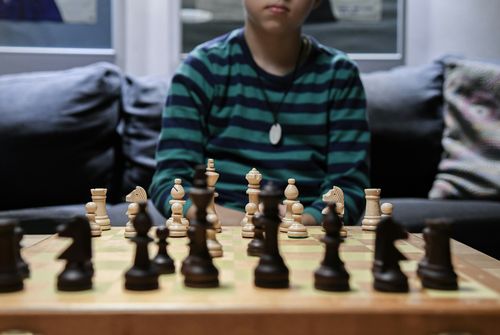Can Game Theory Really Stop Nuclear War?
Jun 19, 2024 · 2 mins read
0
Share

Ever heard of the prisoner's dilemma? It's not just a thought experiment, it's the foundation of nuclear deterrence. Each nation, like a prisoner, must choose between cooperation (disarmament) and betrayal (arming up), even if it leads to a less desirable outcome for both.
Save
Share
The Cold War was a prime example. The US and Soviet Union, locked in a stalemate, understood that a nuclear attack would be devastating for everyone. This "Mutually Assured Destruction" (MAD, ironically) became a terrifying form of stability.
Save
Share
But here's the catch: game theory relies on rational actors. What happens when a leader is driven by ideology, paranoia, or miscalculation? The Cuban Missile Crisis nearly proved that even the most carefully crafted strategies can go wrong.
Save
Share
Enterprising minds have proposed intriguing solutions. Thomas Schelling, a Nobel laureate, suggested the power of "pre-commitment" - making your threats credible, even if it means limiting your own options. Think tripwires or publicly stated red lines.
Save
Share
Then there's the concept of "graduated escalation." Instead of jumping straight to nukes, countries could signal their intentions through smaller conflicts, buying time for negotiation and de-escalation. Think proxy wars, unfortunately.
Save
Share
But game theory isn't a magic bullet. It can be skewed by misinformation, cultural misunderstandings, or plain old human error. Remember Stanislav Petrov, the Soviet officer who averted nuclear war by correctly identifying a false alarm?
Save
Share
Today, the game is even more complex. We're not just dealing with superpowers, but also rogue states and even non-state actors who might not play by the same rules. This makes communication, transparency, and building trust absolutely crucial.
Save
Share
So, can game theory prevent nuclear war? It's a tool, not a guarantee. It helps us understand the incentives and potential consequences of different actions, but ultimately, the decision rests in human hands.
Save
Share
The real lesson? We need to move beyond the cold calculations of game theory and cultivate a global culture of peace, dialogue, and empathy. Because in the end, our shared humanity is the strongest deterrent of all.
Save
Share
Think about it: the next time you play a game, remember the stakes involved in the global one. Our choices, both big and small, contribute to the outcome. Let's choose wisely.
Save
Share
0